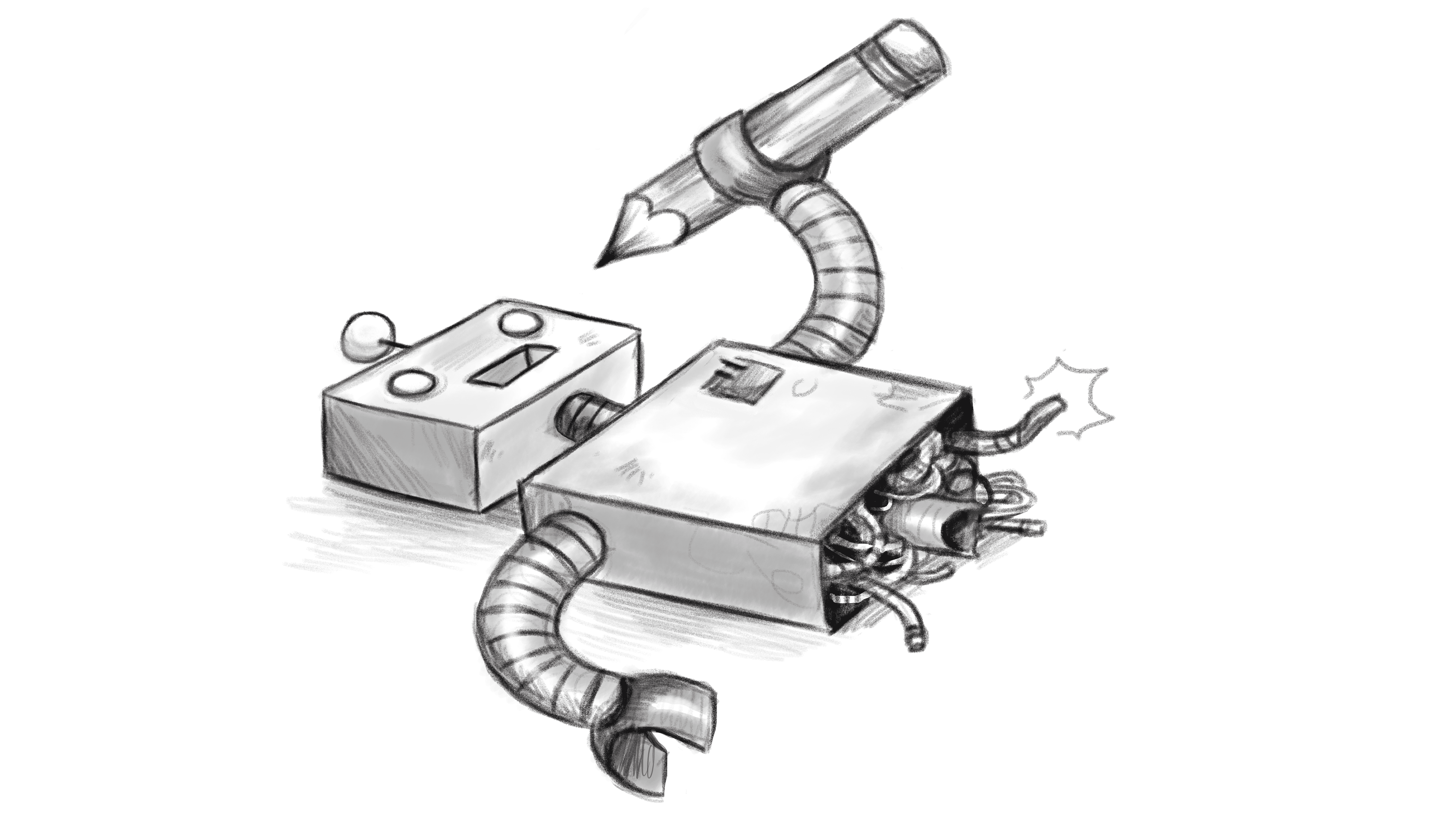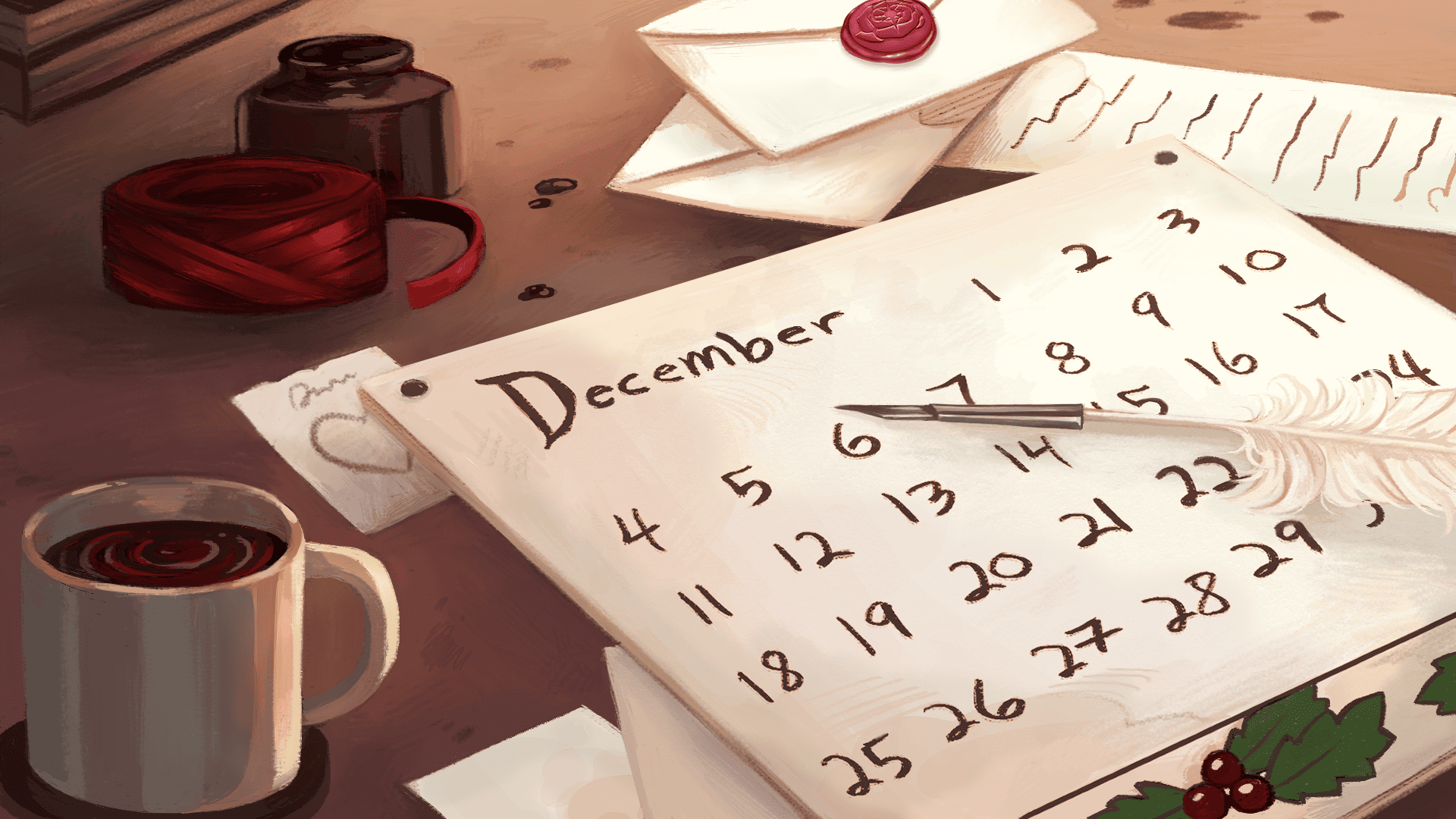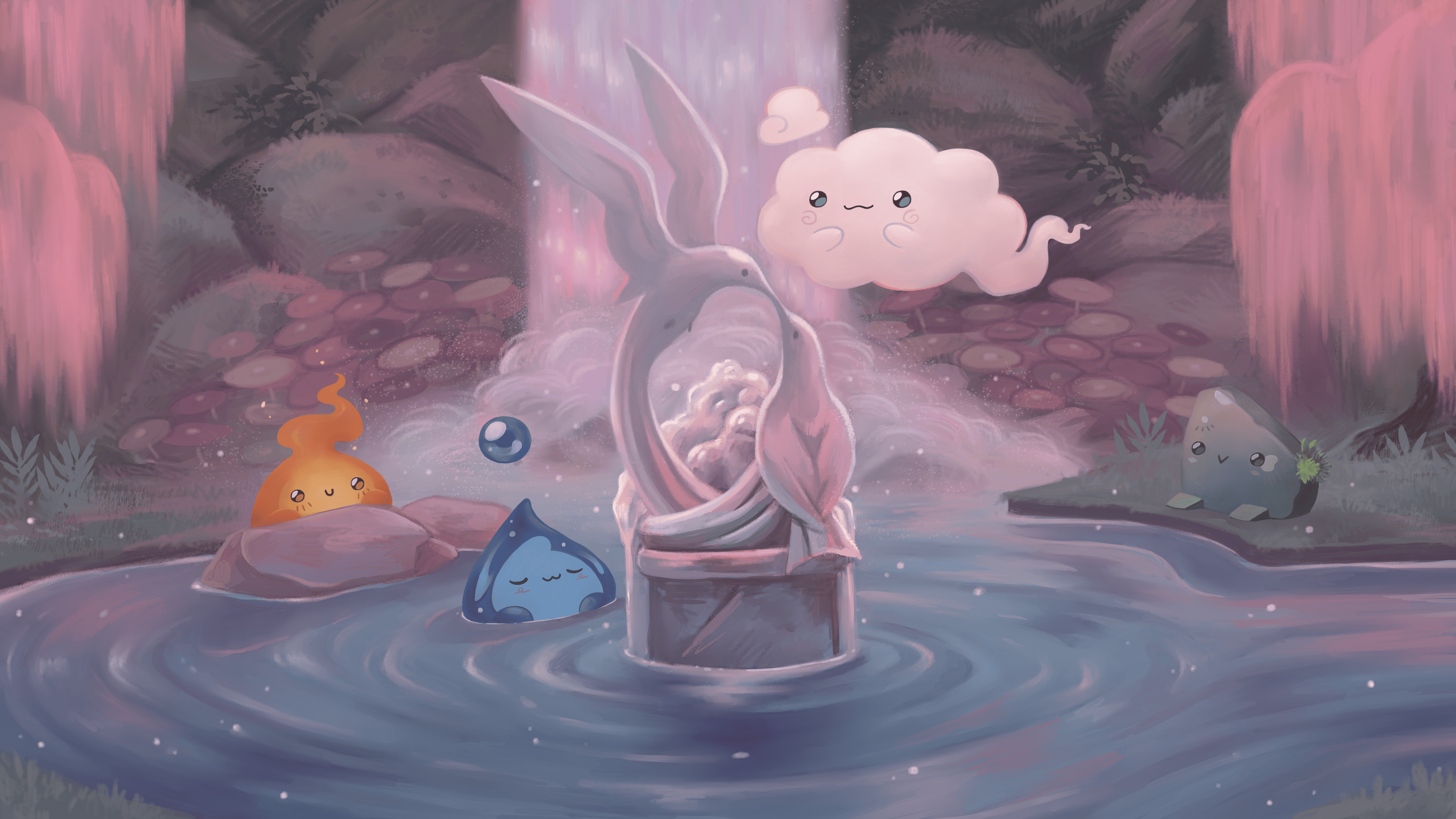As a team, we have had several long and difficult conversations about the place that generative AI tools will ultimately have in video game development. The technology is incredibly powerful and may unlock a ton of potential for rapid iteration, prototyping, and more.
Two problems stand between us and the potential to make ethical use of these tools – the value of art, and how the tools were enabled.
Art is inherently an expression of human emotion, and the reality is that the songs you love, the books you cherish, and the games you enjoy are all fundamentally the product of their creators’ lived experiences. Telling our own stories remains a valuable part of all of our lives.
Expediting or enhancing the creative process, while valuable, is not sufficient reason to utilize generative AI in its current form. To be clear, technology evolves, and we adapt. Our artists are drawing on state-of-the-art digital equipment and utilizing tools that are clearly faster and more capable of rapid iteration than what was possible a generation ago.
More importantly, we cannot in good faith endorse the use of tools that have been trained on assets that were taken without permission or compensation. Due to the closed source nature of the existing tools that we are aware of, it is impossible to verify that any of them were built without scraping copyrighted content. In addition to being unethical, this could – and should – ultimately end up being against the law.
A day may come where generative AI enables game developers to do interesting and creative work that does not come at the expense of artists everywhere, but it is not this day.



